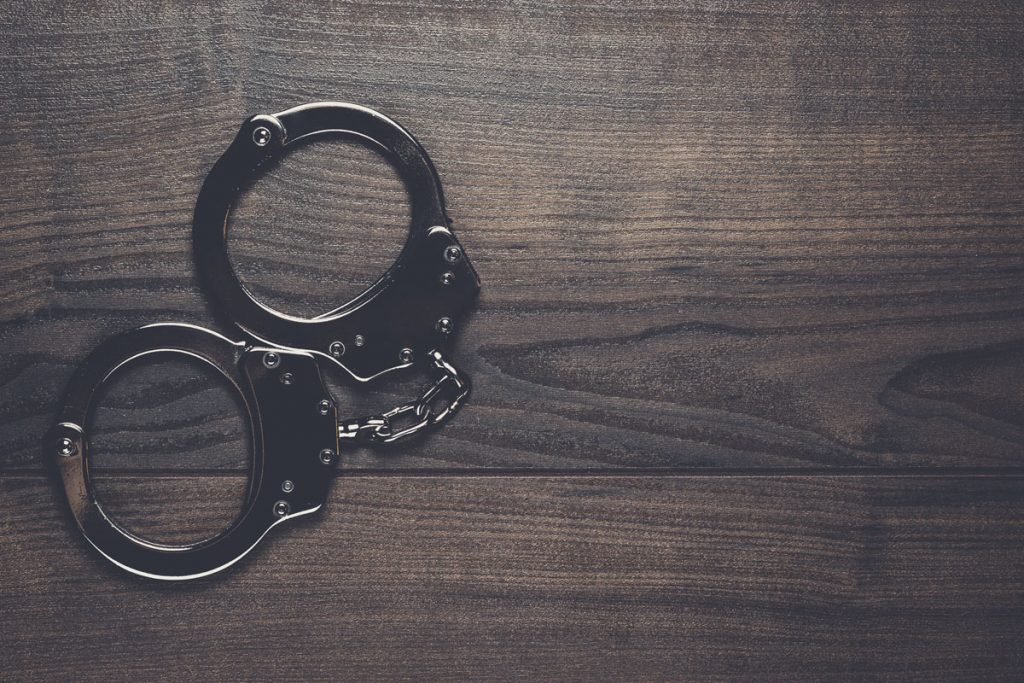Drug Cultivation and Manufacturing Charges

Federal and state laws make it illegal to cultivate or manufacture illegal narcotics like methamphetamine or marijuana (with limited exceptions for marijuana in certain states). In a criminal law context, drug “manufacturing” happens when a person is involved in any step of the unlawful drug production process. Those who sell specified precursor chemicals, specialist equipment, or just offer to assist in the production of narcotics may also be charged.
Drug manufacture is often charged as a felony, including penalties such as prison time, hefty fines, and probation. Those convicted of manufacturing illegal narcotics near schools and playgrounds might face doubled prison sentences and fines.
Although this article focuses on the criminal accusations of illicit drug cultivation and drug manufacturing, when drug manufacturing is part of a bigger organization, broader RICO charges may be brought.
Elements of the Crime: Drug Cultivation and Manufacturing
Prosecutors must typically prove both possession and intent to manufacture in order to convict someone of making (or intending to create) illegal substances. The tools and materials used to make illegal substances are frequently not considered contraband in and of themselves.
Pseudoephedrine, for example, was previously a popular cold remedy. However, it is also utilized in the production of methamphetamine. Even if authorities discover a package of the now-banned drug in a person’s car, that may not be enough to prosecute for a manufacturing charge. However, if the officer also discovered laboratory equipment often used to make meth in the backseat, it could be enough to justify an arrest.
Similarly, simply having marijuana seeds in your possession does not always imply that you intend to grow them. However, if investigators discover indoor grow lamps and hydroponic equipment, they may be arrested in places where cannabis cultivation is prohibited.
However, having a permit or authority to possess specific items that might otherwise be used to produce illegal substances could be a defense. Pharmacists, for example, have access to a wide range of ingredients that might be used to make illegal narcotics. Furthermore, many chemicals and industrial supplies typically utilized in the manufacture of illegal narcotics may have valid uses that would necessitate the issuance of a permission.
State Versus. Federal Laws on Marijuana Production
While there is little distinction between state and federal drug manufacturing regulations in general, marijuana is an exception. In terms of prosecution and penalties, the federal government treats marijuana growing similarly to the manufacture of other Schedule I substances, but has largely taken a “hands-off” approach to state legalization efforts.
Under federal law, growing less than 50 marijuana plants can result in a five-year jail sentence, or a life sentence if 1,000 or more plants are grown. Individuals in states that have legalized marijuana for medical use or recreational use are not free from federal enforcement, but it is unclear how federal prohibitions would be enforced.
Colorado and Washington were the first states to legalize marijuana for recreational use, but only Colorado allows non-medical users to grow it (six or fewer). States that allow medicinal marijuana usage have different rules about whether (and how much) marijuana can be grown by licensed patients. Patients in Hawaii are allowed to grow up to seven plants, however this is not allowed in Connecticut.
Are You Being Charged With Growing Weed Illegally? An Attorney Can Assist You
Under federal and state law, drug manufacturing and cultivation are prohibited, but there are several exceptions, as indicated above. Even in states where cannabis cultivation is legal, you still face charges if you break specific rules and restrictions. If you have any further questions regarding the laws in your area, or if you’ve been charged with the offense, you should talk with a local criminal defense attorney to learn more about how the law applies to your circumstance.
Need A Criminal Defense Lawyer In Scottsdale or Phoenix?
Canterbury Law Group’s criminal defense lawyers in Phoenix and Scottsdale will defend your case with personal attention and always have you and your best interests in mind when offering legal solutions. Call today for an initial consultation! We handle criminal defense cases in all areas of Phoenix including Mesa, Tempe, Chandler, Maryville, Apache Junction, and more.
We are experienced criminal defense attorneys and will fight for you to obtain the best possible outcome. Our firm will rigorously represent you, so you can get on with your life. Call today for an initial consultation! 480-744-7711 or [email protected]
*This information is not intended to be legal advice. Please contact Canterbury Law Group today to learn more about your personal legal needs.

